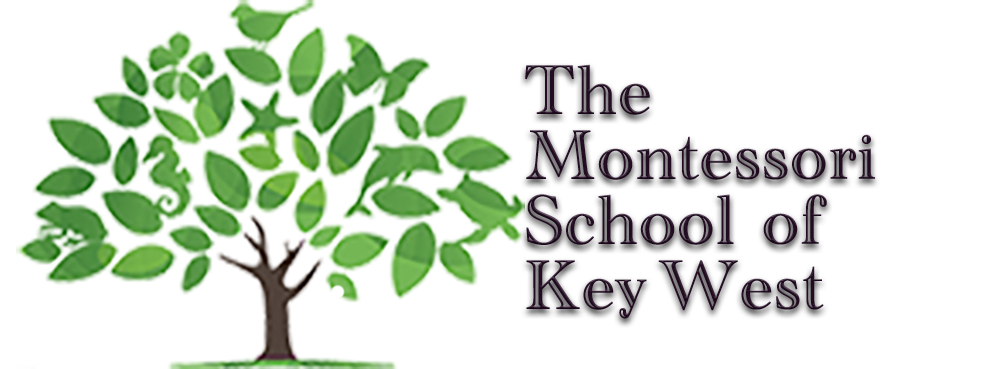This area of the curriculum focuses on developing skills that allow the child to effectively control and deal with the social and physical environment in which he lives for a large part of each day.
There is a growing pride in being able to “do it for me.” Practical life begins as soon as the young child enters the school and continues throughout the curriculum to more and more advanced tasks appropriate to the oldest students.
Early Tasks (Age 3-5)
- Dressing oneself
- Learning home address and phone number
- Pouring liquids without spilling
- Carrying objects without dropping
- Carrying liquids without spilling
- Walking without bumping into furniture or people
- Using knives and scissors with good control
- Using simple carpentry tools
- Putting materials away on the shelves where they belong when finished
- Working carefully and neatly
- Dusting, polishing and washing just about anything: floors, tables, silver
- Sweeping and vacuuming floors and rugs
- Flower arranging
- Caring for plants and animals
- Table setting—serving yourself—table manners
- Folding cloth: napkins, towels
- Simple use of needle and thread
- Using common household tools: tweezers, tongs, eye-droppers, locks, scissors, knives
- Simple cooking and food preparation
- Dishwashing
- Weaving, bead stringing, etc.
This process continues logically so that the older children learn such practical tasks as:
- Caring for animals
- Dog training
- Sewing
- Cooking complex meals
- Working with tools
- Making simple repairs
- Basic auto maintenance
- Making consumer purchase decisions, comparison shopping, budgeting
- Maintaining a checkbook
- Earning spending money
- Mastering test taking strategies
- Caring for younger children
- Interior decorating
- Making clothes
- Furniture Refinishing
- Wilderness survival
- Running a small business enterprise
- Gardening

Recent Comments